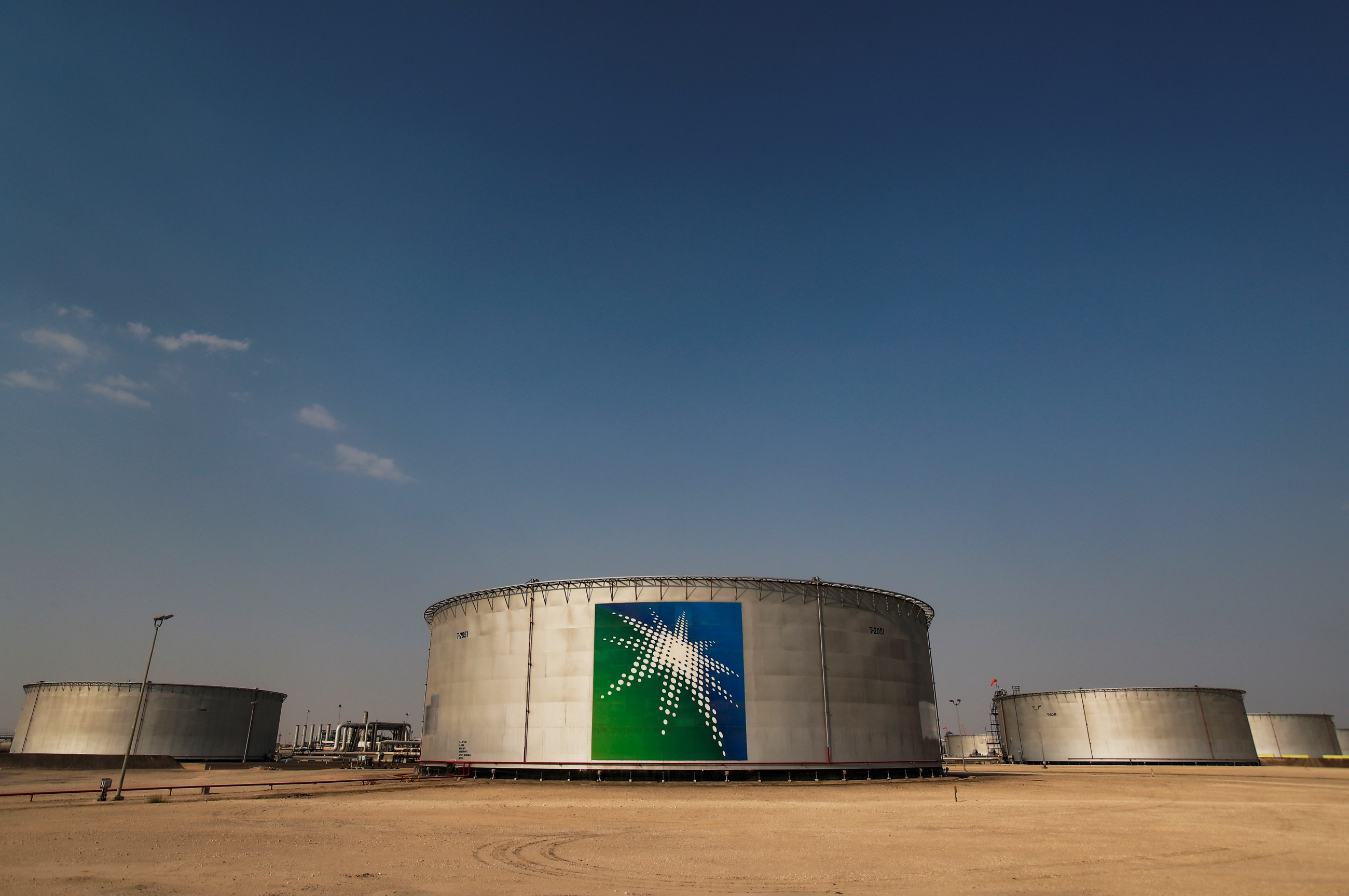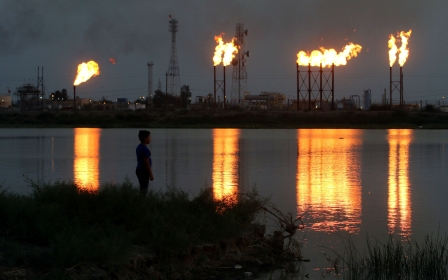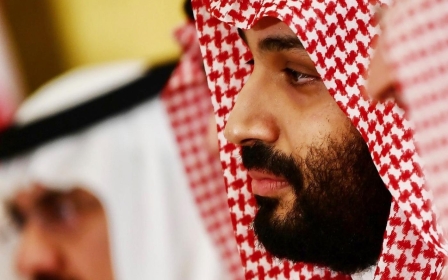Saudi Arabia to hike crude oil production to 'unprecedented' level in April

Saudi Arabia is set to hike its crude oil supply to a record high, flooding markets as it continues to escalate a trade war with Russia.
The kingdom will up its supply to an unprecedented height of 12.3 million barrels per day in April, said Amin Nasser, CEO of Saudi Aramco, in a statement.
The head of the state oil company said that this would put oil production at "300,000 barrels per day over the company’s maximum sustained capacity of 12 million bpd".
The world's biggest crude exporter has been pumping some 9.8 million bpd, which means it will be adding at least 2.5 million bpd from April.
"The company has agreed with its customers to provide them with such volumes starting 1 April 2020. The company expects that this will have a positive, long-term financial effect," Aramco said.
New MEE newsletter: Jerusalem Dispatch
Sign up to get the latest insights and analysis on Israel-Palestine, alongside Turkey Unpacked and other MEE newsletters
Saudi Arabia says it has an output capacity of 12 million bpd but it is not known for how long it can sustain such levels.
The kingdom also has dozens of millions of barrels of crude stored in strategic reserves to be used when needed and is expected to use it to provide the extra barrels to the global market.
Riyadh has already slashed the price of its oil to all parts of the world starting from April after OPEC and its allies, notably Russia, failed on Friday to clinch a deal on additional output cuts to boost sagging prices.
Oil price jump
Oil prices jumped by around 4 percent on Tuesday after the biggest one-day rout in nearly 30 years, as investors eyed the possibility of economic stimulus.
US President Donald Trump on Monday said he will be taking "major" steps to gird the US economy against the impact of the spreading coronavirus outbreak, while Japan's government plans to spend more than $4bn in a second package of steps to cope with the virus.
Brent crude futures were up $1.44, or around 4 percent, to $35.80 a barrel by 0903 GMT, after hitting a session high of $37.38 a barrel.
West Texas Intermediate (WTI) crude gained $1.52, or around 5 percent, to $32.65 a barrel, after hitting a high of $33.73.
Both benchmarks plunged 25 percent on Monday, dropping to their lowest levels since February 2016 and recording their biggest one-day percentage declines since 17 January 1991, when oil prices fell at the outset of the first Gulf War.
Middle East Eye delivers independent and unrivalled coverage and analysis of the Middle East, North Africa and beyond. To learn more about republishing this content and the associated fees, please fill out this form. More about MEE can be found here.




